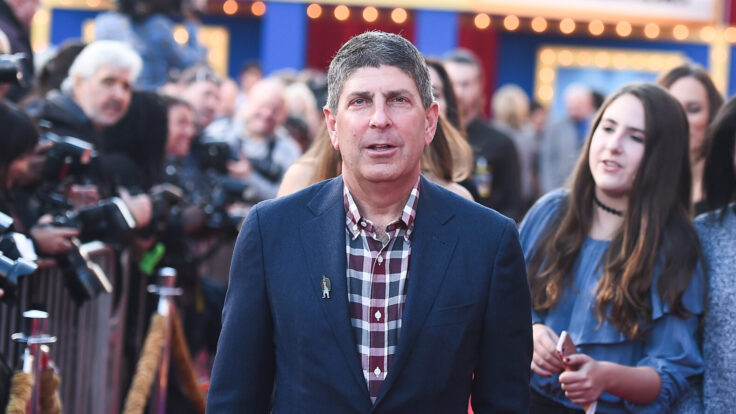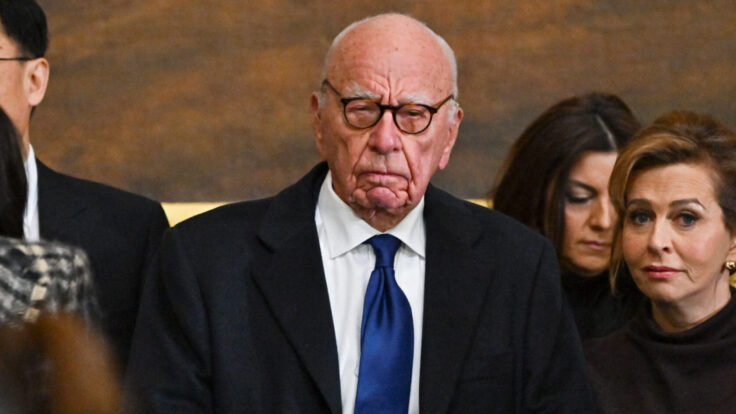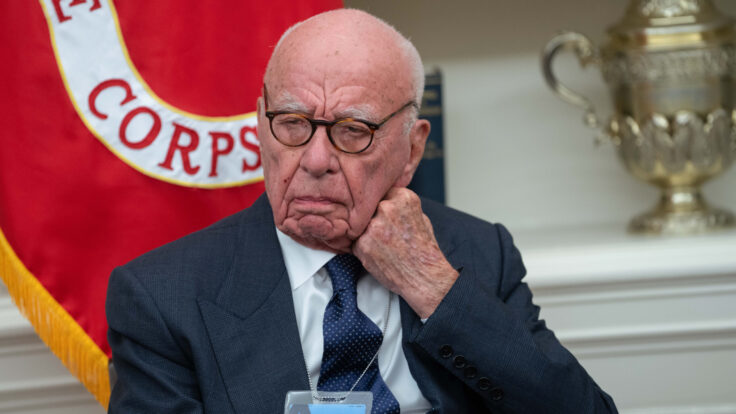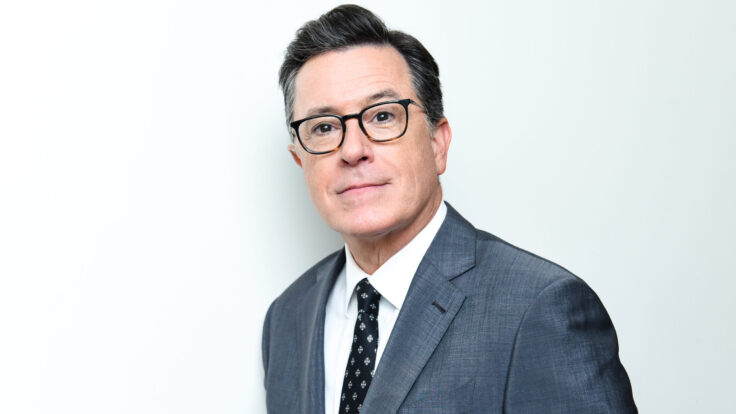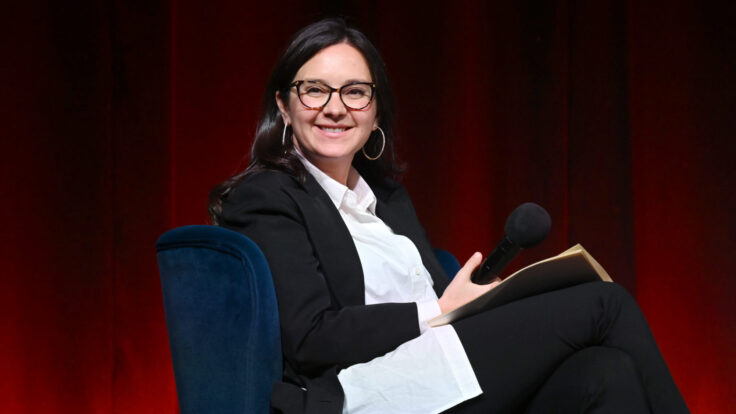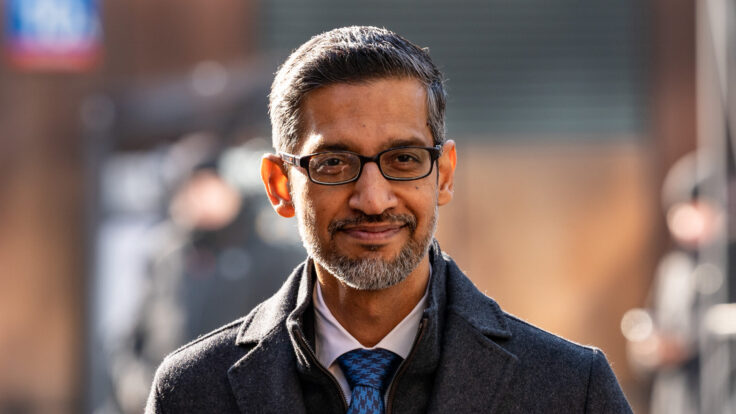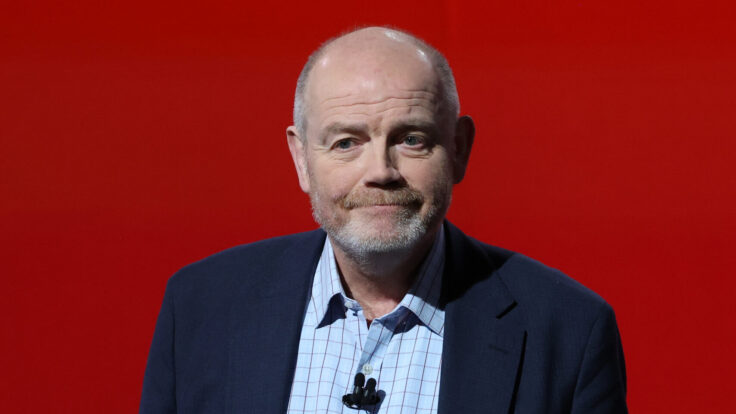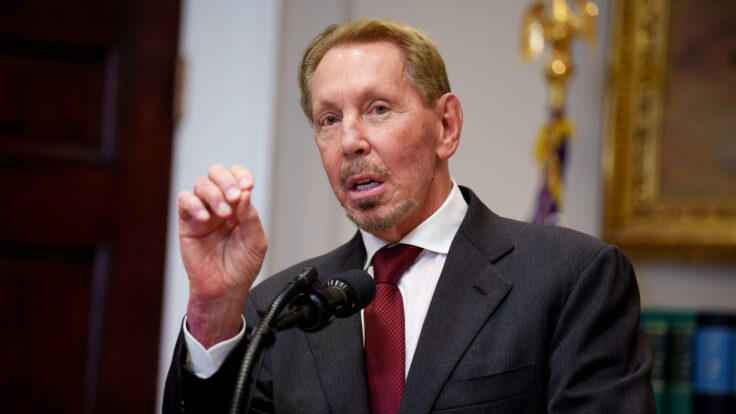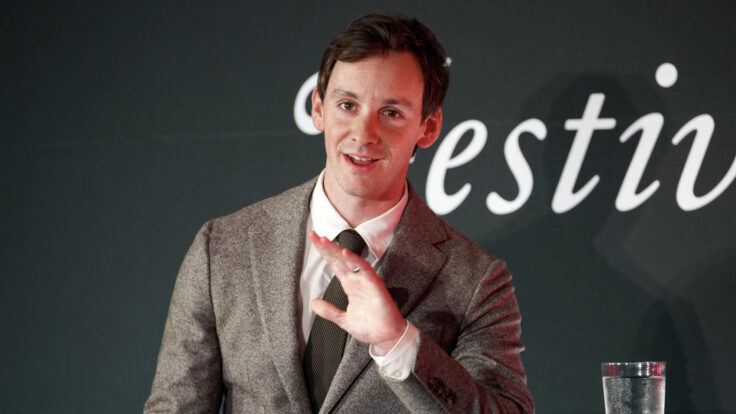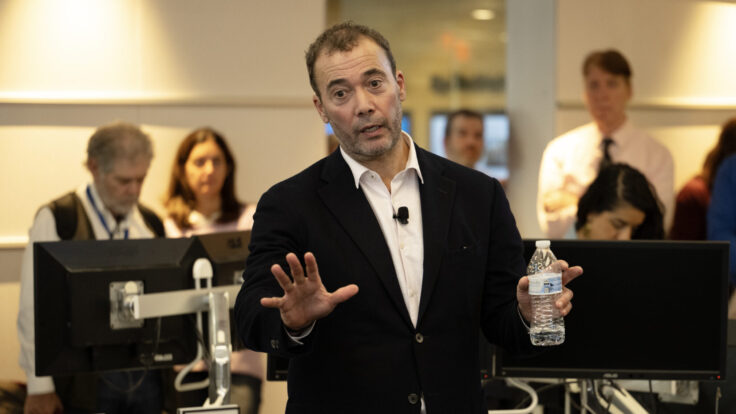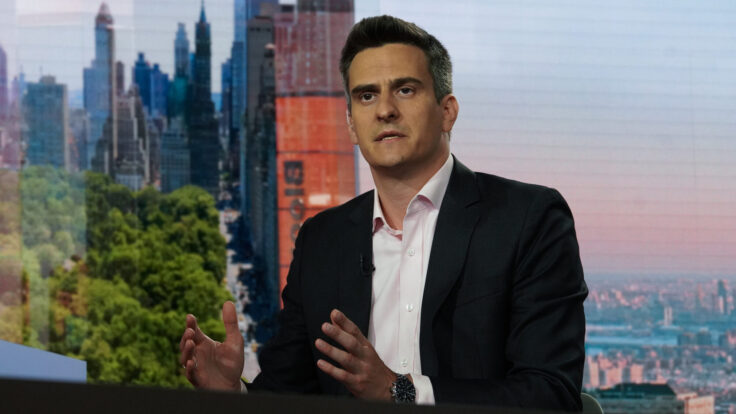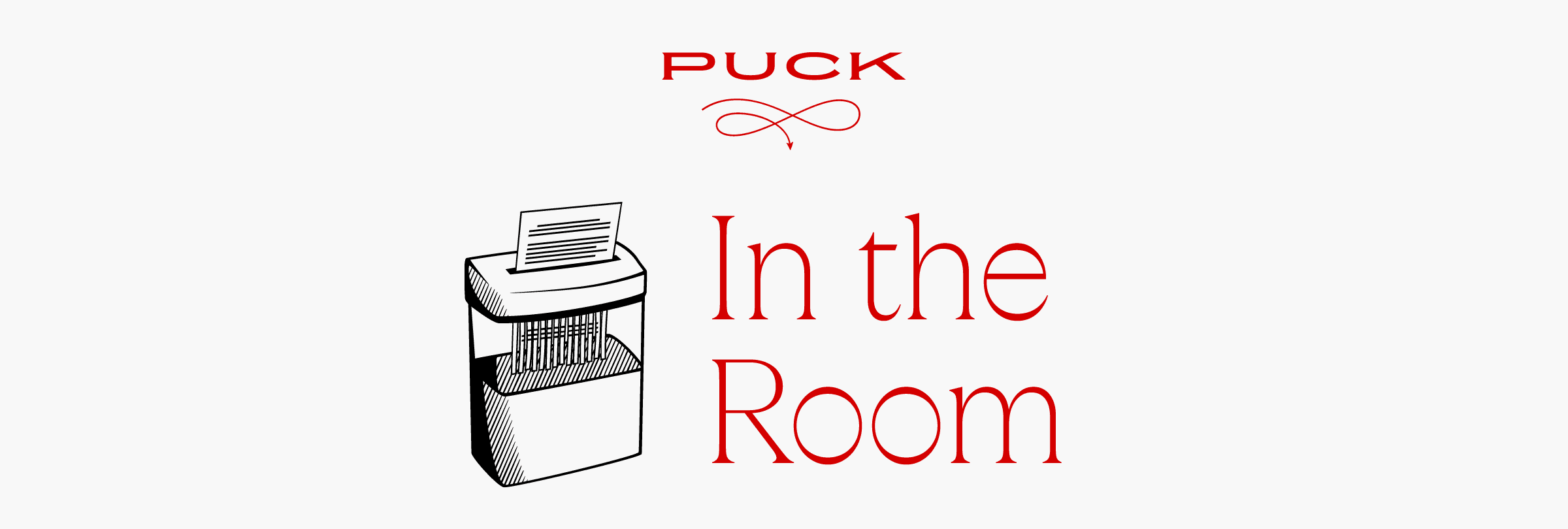 |
 |
|
Greetings from Los Angeles, and welcome back to In the Room. Good Juneteenth to all. In tonight’s email, news and notes on the developing and shape-shifting scandal engulfing The Washington Post, and what’s next for Will Lewis and Rob Winnett.
But first…
🗣️ The new Zaz man: After five months, David Zaslav has finally found his new comms chief. Robert Gibbs, the affable former Obama White House press secretary who went on to run comms at McDonald’s, will take over as chief communications officer at Warner Bros. Discovery. I’m told that WBD’s initial offer for the position was an annual salary of $3 million, presumably with some stock options. Coincidentally, a WBD share is currently the price of a Happy Meal.
🇮🇱 Speaking of Zaz: Journalists at Israel’s Channel 13, where Discovery is a 21 percent minority owner, are chafing over the appointment of new C.E.O. Yulia Shamalov-Berkovich, a former member of the Knesset and Bibi Netanyahu ally who critics describe as anti-free press. Channel 13 journalists fear Shamalov-Berkovich will advance Netanyahu’s efforts to crack down on critics, and they now intend to appeal the matter to Israel’s Supreme Court. (Channel 13 is majority owned by Len Blavatnik’s Access Industries.)
|
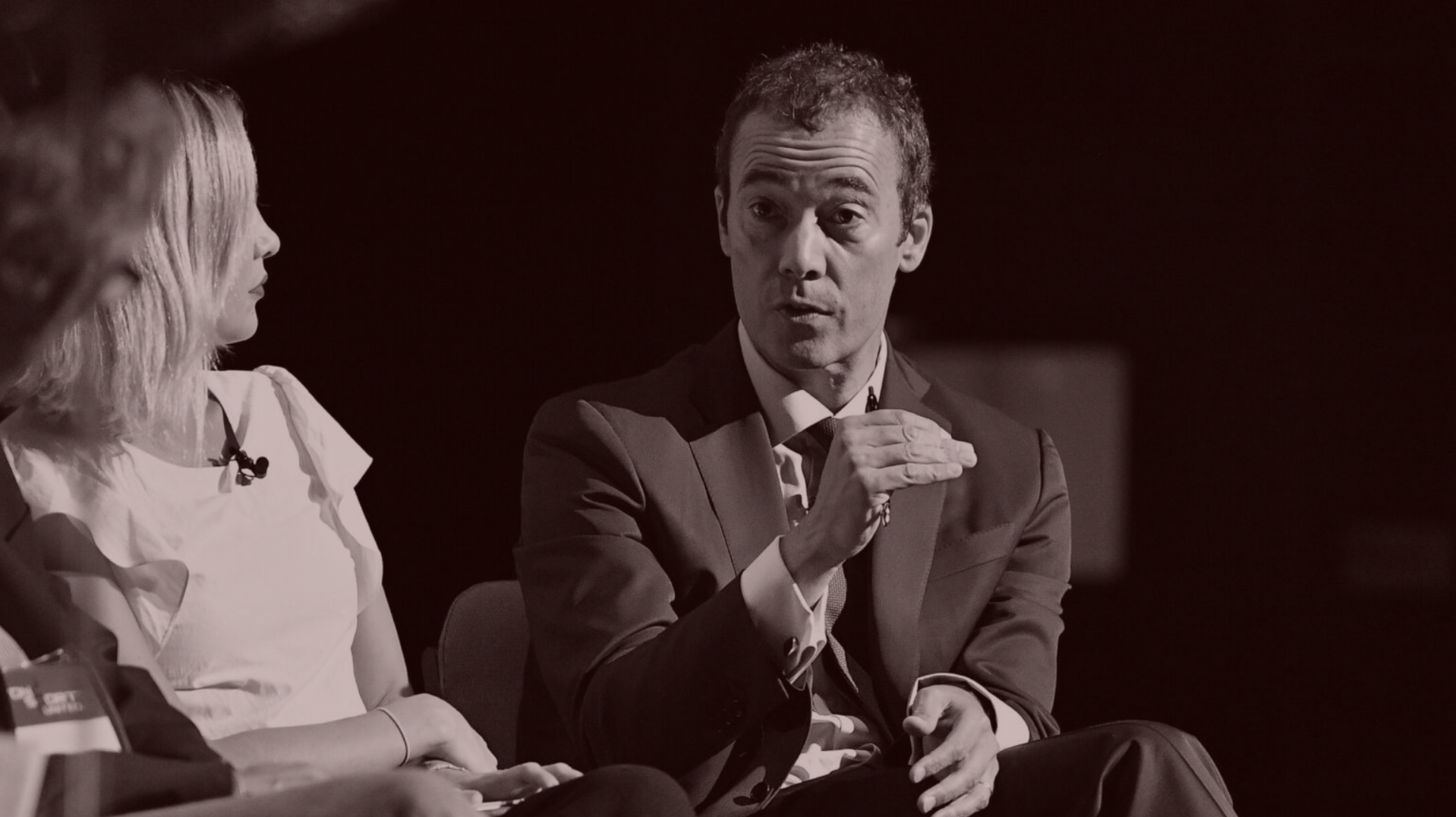 |
| The Will Lewis Living Wake |
| News and notes on the developing and shape-shifting scandal engulfing The Washington Post—the newsroom revolt, the Bezos response, the Barr return, the Merida tidbit, and the coming denouement of Act I. |
|
|
|
| On Monday, many of the swells of the Washington political-media in-crowd gathered at Temple Sinai to celebrate the life and times of legendary author and journalist Howard Fineman, the longtime Newseek star and NBC analyst. Mark Whitaker, Evan Thomas, Chris Matthews, Al Franken, and Jill Abramson were among those who delivered remarks and, at the end of his eulogy, former Rep. John Yarmuth broke out a minibar-sized bourbon and toasted Fineman’s days as a cub reporter for the Louisville Courier Journal with a swig from the pulpit. In Washington, a town built on institutions and legacies, it was a true hero’s goodbye.
And yet in addition to the glowing remembrances about the muckraking icon and presidential scholar who they were there to celebrate, the small talk coalesced around the town’s current preoccupation—the future of Washington Post publisher and C.E.O. Will Lewis. The Post newsroom, of course, has openly revolted against him following a cascade of leadership changes, alarming news reports, reputational concerns, and a mushrooming dreadscape. The same topic, unsurprisingly, dominated a cocktail party thrown the previous evening by Patty Stonesifer, the Post’s former interim C.E.O. and a top Bezos lieutenant, in honor of Sally Buzbee, the underachieving editor-turned-martyr who had—how does one put this?—self-defenestrated earlier this month after being demoted from running the Post newsroom to take charge of the paper’s nebulous and forthcoming “third newsroom.”
On one level, good for Stonesifer and Buzbee for adding a professional and civilized patina to this horrific episode in the Post’s history. On another, this conversation topic was inevitable given that so much of the Posties’ collective angst has swirled around Buzbee’s eventual replacement, incoming executive editor Rob Winnett, whose ethics were called into question by both the Times and the Post over the weekend. Do you think Will survives? Will Winnett still get the job? This, I’m told, was the lingua franca of the evening. (Of course, it was only five months ago that Stonesifer had hosted two consecutive cocktail parties for Lewis in the same living room.)
Lewis, in particular, has endured one of the more unimaginably awful months in recent media history: the bungled Buzbee shake-up; her smoke bombs in the Times about his alleged suggestion to nuke a Post story regarding his role in the Murdoch phone-hacking case; Folkenflik-gate; a Saturday night massacre-style Times story insinuating that he and Winnett were too ethically compromised to run the Post; a subsequent Post story that basically said the same, etcetera. The whole tenor of the past week had the spirit of peak #MeToo, when journalists had the unique power to end executives’ careers with a piece of reporting—an era, too, when the fog of the overarching scandal became all-consuming.
The Times story, despite its ominous tone, essentially accused Lewis of two improprieties: In 2004, as an editor at the Sunday Times, he allegedly assigned an article that included phone records that may have been obtained by hacking. In 2009, he allegedly paid more than £100,000 to a source. On the first score, the Times didn’t totally nail it beyond conveying the suspicions of the reporter some 20 years later. On the second point, Lewis has defended the payment and noted that he used an escrow account. (The Times cast some suspicion on the validity of the escrow account.)
Beyond the specific incidents, however, the Times portrayed an ethically swervy careerist. And yet, Lewis had also led The Wall Street Journal through a period of growth as C.E.O., sans any ethical challenges. He also served on the board of the Associated Press, perhaps the most institutional of all American newsrooms. Anyway, it was complicated. |
|
A MESSAGE FROM OUR SPONSOR
|
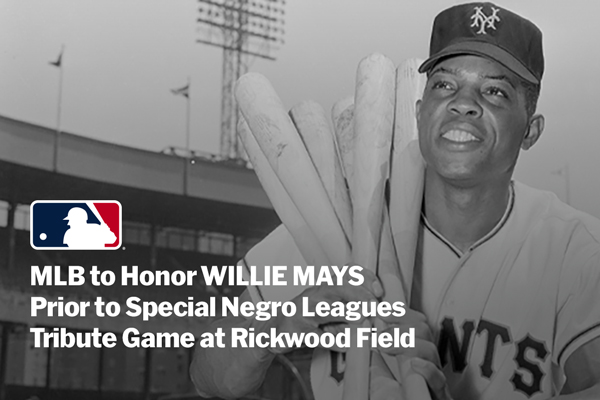 |
| Major League Baseball will honor the extraordinary life of Willie Mays during a special pregame ceremony prior to MLB at Rickwood Field: A Tribute to the Negro Leagues. The game will feature a match-up between the St. Louis Cardinals and Willie’s San Francisco Giants at the historic ballpark on Thursday, June 20 on FOX at 7 p.m. Eastern.
An Alabama native, Mays began his professional baseball career at Birmingham’s Rickwood Field as a member of the Negro League’s Birmingham Black Barons. Mays was a Hall of Famer, two-time MVP, 24-time All-Star, 12-time Gold Glover, a veteran of the U.S. Army, and a recipient of the Presidential Medal of Freedom. The ceremony will also feature the largest collection of living Negro League players in nearly 30 years and a personally curated performance by Jon Batiste.
Opened in August 1910, Rickwood Field has welcomed many of baseball’s most legendary players into its hallowed grounds.
Learn more about this historic event.
|
|
|
|
|
| But the stench of Lewis’s Fleet Street ethics would not fade. As the days passed, the signs that Lewis was toast mounted. From his new home in north England, recently retired Post managing editor Cameron Barr had suddenly returned to oversee the paper’s investigation into its own embattled leader. Kevin Merida, a former beloved Postie who had since left his job atop the LA Times, was seen in the newsroom. (This meeting had been scheduled weeks ago.)
Meanwhile, Lewis canceled plans to attend Cannes Lions, where he’d intended to throw a glamorous dinner party in Saint-Paul de Vence and close a new marketing deal with legendary ad man David Droga. Notably, neither Lewis nor Winnett had commented on anything. Lewis’s decision not to respond to comments in a report issued by his own paper was a bizarre and ominous sign. As one chilling report in Politico suggested, on Sunday, Lewis had lost the newsroom.
And yet despite the collective work of the Times and the Post, and the grievances of the latter spilling into Politico and elsewhere—and despite the dreadful optics and very real concern that the Post newsroom had indeed irrevocably turned on their leader—Lewis somehow hung on. In fact, one of the more vexing elements of this scandal—and it may be the metaphor that most artfully sums this crisis up—is that while the Post newsroom was pitching their revolt, Lewis was in Britain visiting family. Bezos, for his part, was on his $500 million superyacht, Koru, in the Greek Isles.
Were the Post’s owner and C.E.O. simply lying low and keeping their traps shut while their employees screamed their displeasure, Reichian-style, from the tops of their lungs? The answer emerged yesterday, it seems, in the form of an unemotional note from Bezos to the newsroom signaling tacit support for Lewis and hoping to allay concerns about ethics or journalistic credibility. “I know you’ve already heard this from Will, but I wanted to also weigh in directly: the journalistic standards and ethics at The Post will not change,” Bezos wrote. “To be sure, it can’t be business as usual at The Post. The world is evolving rapidly and we do need to change as a business.” But, he added, “you have my full commitment on maintaining the quality, ethics, and standards we all believe in.”
Bezos’s note was inarguably a declaration of support for Lewis, even if it was muted. He aligned himself with his chief executive (“I know you’ve already heard this from Will”) and stressed that Lewis’s leadership would not undermine the Post’s ethics and standards. Sure, Bezos left the door open to remove Lewis in the event that the Times or Barr’s Post team unearthed more damning details of wrongdoing—that door has always been open to him, of course; he owns the joint—and he didn’t really shed any light on whether Winnett would ever step foot in the Post newsroom. (In truth, interim executive editor Matt Murray has become so instantly popular that there isn’t a leadership void.) But the general message was that Bezos has Lewis’s back, and that the Post staff need to live with that. And, after a brief rumspringa, it was high time to go about the hard work of reversing the company’s $77 million in losses and 50 percent decline in readership.
Bezos, worth some $205 billion, has experienced far more significant headaches—F.T.C. concerns, corporate tax inquiries, myriad warehouse scandals, etcetera—than he endured the past week at the Post. And for all the high-pitched gossip and philosophizing about the Lewis scandal—at the Fineman funeral, the Buzbee send-off, Cafe Milano, Le Dip, and so on—this latest crisis failed to meet the threshold for which Bezos might write more than an enough already memo, much less chopper off his yacht back to civilization to quell the dissent. The Posties may have gotten their owners’ attention, but they didn’t get the answer they wanted. |
|
|
|
|
| At this inflection point in the scandal, both the Post and its corporate managers have a series of uncomfortable decisions to make. On the one hand, each side can dig in further. The Barr-led Post-on-Post team can keep hacking away as the newsroom leaks to the Times and Politico, perhaps hoping that one of these body blow stories becomes a kill shot—that imprecise accusations of ethical shortcomings can be subsumed by a truly inexcusable event from Lewis’ past that thus far evaded his previous employers or the recruiters at Sucherman. Lewis, for his part, can stick to his turnaround plan by bringing in Winnett, pushing the third newsroom, and weathering any resulting attrition.
Or, perhaps, the Bezos memo can serve as a truce. Barr and his team can investigate, as they should, without consuming the larger newsroom. And Post culture leaders, who have been actively leaking their dissatisfaction, can either decide to depart for palmier shores or help Lewis define its next chapter. Judging from the current tenor of the newsroom, that may be easier done with Murray, rather than Winnett, at the helm. Time will tell.
In any case, all of them, begrudgingly or not, can come to the realization that neither they nor history own the Post—Bezos does, and he’ll do with it what he wants. Indeed, he knows more than most about the transformative forces of A.I. that are about to reset the news media. Perhaps the most telling detail in the Times’s coverage of this mess was a line noting that Bezos would like to grow the Post’s subscriber base from 2.5 million to 100 million. Seems nuts, sure, but why couldn’t the world’s wealthiest man pull it off? Either way, that goal requires a very different Post than the one that currently exists. And perhaps some of the people on K Street would like to go along for the ride.
If you pull back a little, the sturm und drang surrounding Lewis can seem just a tad dramatic. The anxiety over an incursion of unethical Fleet Street methods seems to ignore his very successful stints at the heights of American media. More broadly, the trend story du jour about a new British invasion of American newsrooms downplays the fact that Mark Thompson was the C.E.O. of the Times for eight years before becoming C.E.O. of CNN, or that Lewis ran the Journal’s business before Emma Tucker ran its newsroom… and Joanna Coles ran Hearst before she bought into the Beast.
Meanwhile, most of the accusations now surfacing against Lewis and Winnett are based on decades-old stories that are already well known in U.K. media circles. Nor is any of it happening in a vacuum: Lawyers for Prince Harry and Hugh Grant are actively trying to pin Lewis for allegedly destroying evidence related to Murdoch’s phone-hacking scandal. “The old dirt was well known in Fleet Street,” one veteran top U.K. media executive told me. “Now that the U.S. press has the bit between the teeth, you can be sure [the lawyers] are feeding whatever they have.”
And of course, the revelation about Lewis’s attempt to dissuade Buzbee from publishing stories about the hacking scandal accusations came out only after he denied her request to keep her job as his executive editor. In other words, it was apparently a breach of ethics she was willing to countenance if she didn’t have to give up her job.
No, none of this discounts the merits of the accusations against Lewis, but Bezos probably sees the full chessboard here—and he’s almost certainly been aware of at least some of these controversies since the recruitment process last fall, when Sucherman ran its reference checks. Moreover, Bezos surely doesn’t want to renege on a chosen leader and business plan because of newsroom angst or chattering-class narrative about controversies that happened decades ago. That will only make the recruitment of another transformation C.E.O. even harder. In the meantime, he doesn’t seem ready to get off the boat yet. |
|
|
|
| FOUR STORIES WE’RE TALKING ABOUT |
|
|
|

|
 |
|
|
|
Need help? Review our FAQs
page or contact
us for assistance. For brand partnerships, email ads@puck.news.
|
|
You received this email because you signed up to receive emails from Puck, or as part of your Puck account associated with . To stop receiving this newsletter and/or manage all your email preferences, click here.
|
|
Puck is published by Heat Media LLC. 227 W 17th St New York, NY 10011.
|
|
|
|
